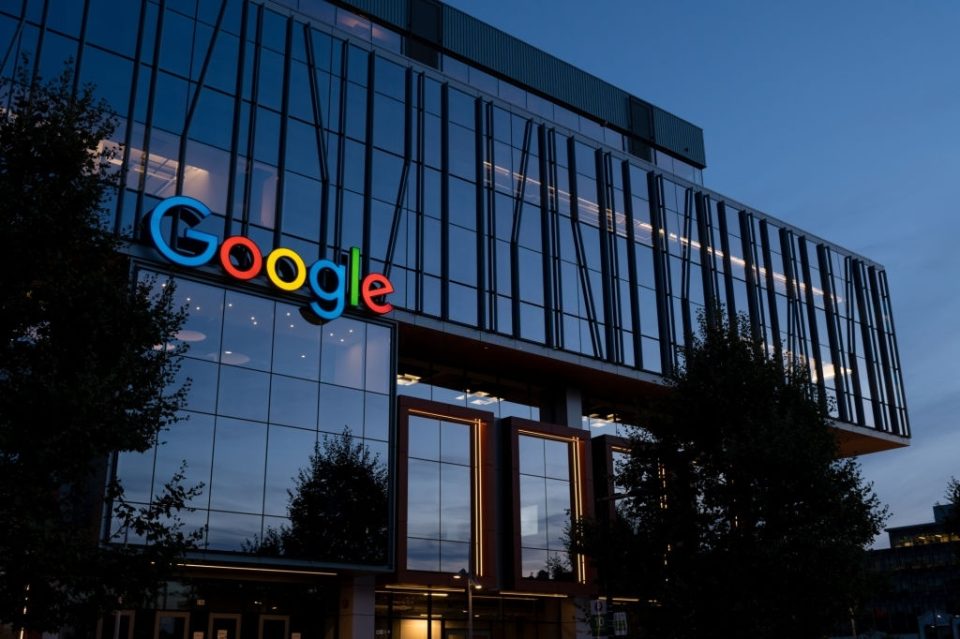After a year of unfavorable industry feedback, Google changed its mind about its third-party cookie replacement plans. Topics, which it describes as “a new Privacy Sandbox idea for Industry-based advertising,” has replaced its open-source Privacy Sandbox known as “Federated Learning of Cohorts,” or FLoC. The Subjects API will organize topics into roughly 300 categories.
There was fear that Google could have used FLoC IDs for cross-site user tracking, and Google’s FLoC garnered unfavorable policy and industry comment. Google’s Topics API provides a higher level of user obscurity and localized browser storage rather than a centralized storage site.
The primary point is to comprehend, What are Topics and FLoC?
What was FLoC?
In contrast to people, Google’s FLoC was based on the ideas of anonymized group targeting. These groups are labeled “Federated Learning of Cohorts,” or FLoC by Google, and they allow brands to curate relevant adverts based on the preferences of each FLoC while not being able to know who they are targeting directly.
In 2021, it was made available in Chrome as part of a developer origin trail.
It garnered a mixed response from the public; some of the answers were encouraging. Last year, MiQ’s CMO, Rebecca Rosborough, said Google was highly concerned about privacy.
Google was establishing a clear line in the side by refusing authenticated data/unified IDs in its advertising products, thus saying, “We don’t want user ID level targeting”.
So, according to Google’s technical explainer, FLoC has to leave for a variety of reasons:
- First, the ecosystem was overburdened with FLoC’s fingerprinting data.
- Stakeholders desired a more transparent API for users
- The API should provide users more control, according to the stakeholders.
- FLoC cohorts may be vulnerable.
- FLoC shouldn’t automatically incorporate ad-supported sites’ surfing activity.
“The Topics API objective is to take a step forward in user privacy while yet providing enough relevant information to advertisers so websites may continue to prosper without the need for invasive surveillance enabled via existing tracking methods,” Google officials said.
Why Topics?
The concept behind Topics is to associate topics with a user’s surfing behavior. Users will no longer be assigned to cohorts by programs like chrome, evaluating their browser history to determine these themes.
Some topics representing a user’s primary interests are selected and stored for three weeks. After that period, old subjects are erased, and new topics are introduced based on the user’s browsing. According to Google, the entire process takes place on a local level.
Topics are chosen solely on the user’s device, without using any third-party servers, such as Google’s. Subjects select only three topics to share with the site and its advertising partners when visiting a participating site.
This API allows browsers to provide users with meaningful transparency and control over their data, see topics and remove those they don’t like, or turn off the functionality entirely.
Its Marketing Impact?
The granularity of the interest targeting taxonomy determines how effective it is. This simplified version, according to sources, obfuscates the customer experience and will disappoint customers accustomed to precise, targeted audience targeting by lowering interest to three categories and giving them a three-week time window.
After all, just because someone is looking for the super bowl doesn’t guarantee they’re a football fan. When it comes to targeting, Google claims that FLoCs can match the performance of third-party cookies.
“While contextual data is useful, it may not provide the level of personalization or precision that a marketer desires,” Stevens remarked. “It also rotates [relating to the three weeks], which may disturb the longitudinal relationship that a marketer would like to establish with a consumer.
Topics are more static but less valuable snapshots, whereas FLoCs can change as new data is collected. As a result, according to Aaron Levy, head of the sponsored search at performance marketing firm Tinuiti, the information would be “directionally true but not correct per se.” “With personalization, we’ll have to be a little more lenient; one or two or one to one will be more difficult to get right.”
The open internet is a boon to marketers. That will be the case in the future; different platforms provide different levels of value. Even though this tool may have flaws, advertisers and marketers will continue using it because of Google’s reach.


